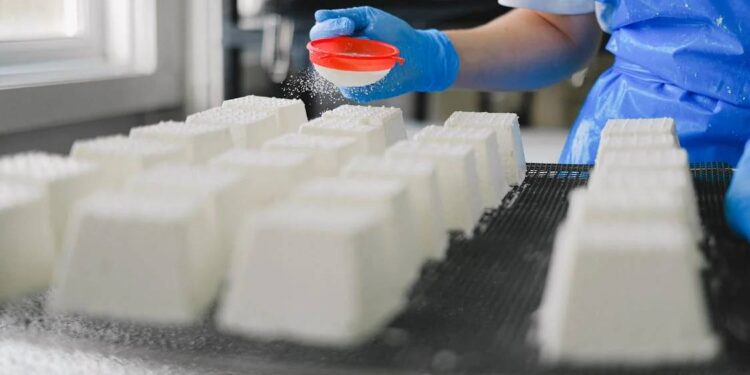For any food-related enterprise, ensuring that the end products meet industry benchmarks and please consumers is vital to its growth and image. This necessitates the implementation of a comprehensive quality assurance system that evaluates outputs for flaws and potential contamination. Lacking such a system, any establishment could face rigorous examination that stunts its expansion.
Quality assurance is essential irrespective of your business’s scale or the variety of food products you manufacture. Your success in this arena is determined by your ability to uphold the standards of your offerings and establish trust within the marketplace. Here are strategies to enhance quality assurance in your food-related enterprise.
1. Articulate your business’s interpretation of quality
As a producer of food products, it’s essential to clearly identify what distinguishes your offerings from those of your rivals. To achieve this, you must define specific standards for producing your items. This could involve an exclusive ingredient or an innovative manufacturing method. Whatever differentiates your enterprise from others, it is important to adhere to that principle.
Utilize this as a foundation for refining your quality assurance strategies. Establishing these criteria will also empower you to make better decisions when optimizing the production process and developing new product concepts that uphold the quality you deliver.
2. Create standard operating protocols
Whether you are managing a café or running a production facility for snacks, you will want your entire team to follow a set of guidelines that ensure the quality of your offerings. These standard operating protocols (SOPs) should include procedures relating to hygiene and the handling of materials.
A quality assurance system necessitates a handbook or guide that employees must refer to before their shift begins or when they are about to leave for the day. SOPs should also detail standards for accountability, compliance with safety regulations, and how to address incidents that might arise in the workplace.
3. Train your workforce
The individuals managing the production area of your food enterprise are instrumental in ensuring that the products reflect your brand’s commitment to quality prior to reaching consumers. They are at the forefront of quality assurance, so providing them with comprehensive training is paramount, particularly in relation to the appropriate quantity of each ingredient and contamination prevention.
Beyond requiring sufficient training time before new hires begin working, you must also train on-site supervisors responsible for ensuring adherence to SOPs. When elevating team members to these supervisory roles, ensure they are well-versed in the production procedures and possess ample practical experience. They should vigilantly oversee the production line and confirm that operations proceed smoothly.
4. Invest in appropriate tools
Alongside skilled staff, your quality assurance efforts can significantly benefit from having the correct equipment available. These tools can improve the efficiency of inspection processes and accurately evaluate if the final products meet quality requirements. While it may require a substantial outlay, when operating a sizable food manufacturing plant, such equipment is often essential.
Seek suppliers that offer equipment tailored to your specifications. For example, if you’re in need of a large color sorting machine for processing whole grains, consider checking out www.tdipacksys.com for systems designed to ensure your products remain uncontaminated.
Conclusion
Overlooking quality assurance is not an option. It represents a fundamental aspect of your operations, playing a critical role in determining whether your business can thrive in the coming years.


